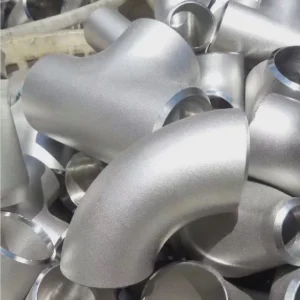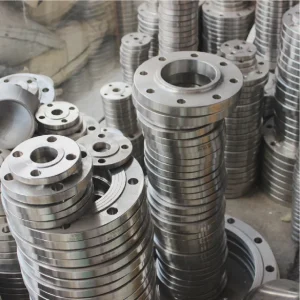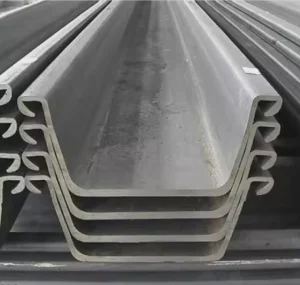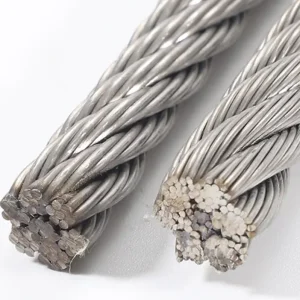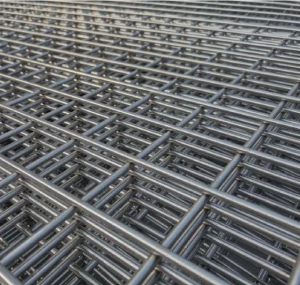ASTM A240 Type 410 stainless steel coil remains a cost-effective martensitic grade in 2025: it trades significantly below high-nickel grades (304/316), with China FOB ranges roughly USD 900–1,600/MT for commercial coils and Europe / North America delivered ranges typically USD 2,200–3,500/MT depending on grade variant, finish and local surcharges. Buyers who prioritize fast delivery, factory pricing and tailored thickness/width options should evaluate Chinese mill suppliers such as Luokaiwei for competitive FOB pricing, MOQ flexibility and quick stock delivery.
What is ASTM A240 Type 410?
Type 410 is a martensitic stainless steel covered by the ASTM A240 / ASME SA-240 family for stainless plate, sheet and strip. It contains roughly 11.5–13.5% chromium and little or no intentional nickel, and is hardenable by heat treatment. That composition makes it magnetic, heat-treatable, and less corrosion-resistant than austenitic grades — but also cheaper to produce and buy. The formal ASTM specification and scopes for plate, sheet and strip are published by ASTM International.
Key chemical & mechanical characteristics (and why price is lower)
-
Typical composition (summary): Cr ≈11.5–13.5%, C up to ~0.15%, Mn ≤1%, Si ≤1%, Ni generally ≤0.75% (low compared with 304/316). These ranges follow the SAE/UNS tables for 410.
-
Mechanical behaviour: Martensitic microstructure after quench/ temper gives good hardness and wear resistance. Tensile and yield values depend on heat-treatment but are commonly higher than ferritic grades.
-
Corrosion resistance: Moderate—suitable for mildly corrosive atmospheres and many industrial uses, but not for aggressive chloride environments.
-
Cost drivers: Low nickel content is the major reason 410 is cheaper than 304/316 because nickel (and molybdenum) contribute most to alloy surcharges. In 2025, nickel price volatility and chromium surcharge changes continue to affect stainless family pricing, but 410 remains relatively sheltered versus high-nickel alloys.
How stainless-coil prices are composed (what you pay for)
A finished coil price for ASTM A240 410 typically includes:
-
Base mill price (raw material + processing).
-
Alloy surcharge / metal premium (for Ni, Cr, Mo) — lower for 410 because nickel content is small.
-
Processing & finishing (cold-rolled, annealed, pickled, skin-passed, surface finish like 2B/BA/No.1). Cold-rolled coils cost more than hot-rolled.
-
Logistics & freight, insurance, tariffs (major for intercontinental purchases). For example, U.S. import tariffs and recent policy moves have pushed domestic delivered prices higher in some months.
-
Volume discounts, MOQ and inventory — buying in-stock coils or mill stock gives much better unit economics than small cut-lengths. Many Chinese mills offer steep FOB pricing at higher MOQs.
2025 market snapshot
Global stainless price momentum in 2025 has been driven by raw-material swings (nickel, scrap), seasonal demand and regional trade measures. Premium grades (316, 304) remain far pricier than ferritic/martensitic grades; 410 sits nearer the lower end of the stainless spectrum. Independent price trackers and industry reports show wide regional spreads: China offers the lowest FOB levels in most months, while Europe and North America trade at a premium once delivery and surcharges are included.
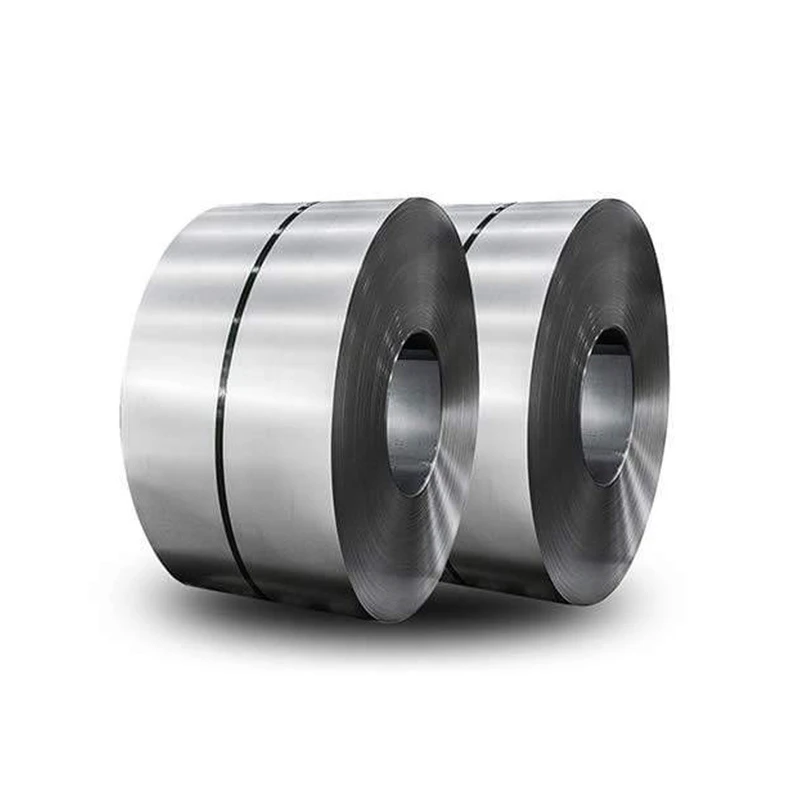
Regional price drivers
-
China: Large domestic production, abundant EAF scrap usage and strong mill competition keep FOB coil pricing lower. Commercial 410 coil offers in early-to-mid 2025 commonly listed from ~USD 900–1,600/MT depending on finish and MOQ (bulk coil versus cut lengths). Chinese sellers on marketplaces also provide frequent spot offers for 410/430 family coils.
-
India: Domestic mills supply a mix of 410/430; prices track Chinese levels but local demand and import duties create variability. Expect mid-range pricing between China and Europe, plus longer lead times for some custom finishings.
-
Europe: Delivered cold-rolled stainless (e.g., 2 mm CRC 304 benchmark) has been assessed near €2,300–2,700/MT in summer 2025 — martensitic 410 will usually be lower than high-nickel grades but still carries European logistics and surcharges.
-
USA / North America: Domestic protection measures and higher energy/labour cost push delivered stainless figures higher than China. Price indices and private data providers report US stainless higher than Chinese FOB; buyers should budget for tariffs, antidumping duties and freight which widen the gap.
-
Middle East & Turkey: Competitive mill output and proximity to shipping lanes give mixed pricing — often favorable for buyers on CIF basis but dependent on contract volumes and currency moves.
Buying guide — how to save without cutting quality
-
Specify the exact finish and thickness. Cold-rolled 2B is far cheaper than special mirrored finishes. Exact width and coil ID reduce off-cuts and conversion charges.
-
Order standard mill sizes in larger lots. Many Chinese mills give best FOB prices at 3–5 MT minimums. Smaller cut-length service increases unit cost.
-
Ask for mill test certificates (MTC) to ASTM A240 / EN / JIS equivalence. Match the certificate to the intended application (pressure vessel vs general purpose).
-
Negotiate delivery term carefully. FOB Shanghai vs CIF Rotterdam vs Delivered domestic changes the stack (freight + duty + local handling). Use CIF if you want a single landed number, FOB if you can control freight.
-
Check alloy surcharges. Even for 410, chromium surcharges and scrap indexes can change quoted prices between order and shipment. Make surcharge clauses explicit.
Why consider Luokaiwei (practical vendor advantages)
(Short, factual pitch aligned with buyer needs.)
-
Factory prices: Luokaiwei is a China-based manufacturer and can supply 410 coils at factory (mill/FOB) pricing, eliminating intermediary mark-ups common with traders. This typically yields a meaningful unit-price advantage for bulk buyers.
-
Customization & quick stock delivery: Luokaiwei offers custom slit widths, thickness tolerances, and fast dispatch from inventory for standard coil sizes — useful for OEMs who need short lead times.
-
Quality & traceability: Mill Test Certificates to ASTM A240 / ASME SA240 available on request; QC includes hardness, chemical and tensile checks before shipment.
-
Global shipments & export experience: The company supports containerized and bulk logistics and can provide CIF/FOB options tailored to buyer preference. (If you'd like, I can draft a sample RFQ template for Luokaiwei that captures the exact technical checks buyers should request.)
(Note: the above is a vendor pitch that aligns with global buyer expectations for a Chinese mill supplier; always verify MTCs and perform a supplier audit or third-party inspection for critical orders.)
Risk checklist & inspection points (inspect before you pay)
-
Verify MTC matches ASTM A240 chemical range for Type 410.
-
Confirm surface finish (2B, BA, No.1 etc.) and thickness tolerance.
-
Check coil ID / packing to ensure compatibility with your processing line.
-
Ask for recent photographs of the actual coil, plus heat number traceability.
-
For critical use, consider third-party inspection or sample testing for corrosion and mechanical behavior.
Global price comparison — 2025 (approximate ranges)
Note: stainless prices are volatile and regional. Table below shows realistic range estimates for commercial ASTM A240 Type 410 coils in mid-2025; use them as negotiation benchmarks, not firm quotes. Each row includes typical form (CRC = cold-rolled coil; HRC = hot-rolled coil). Sources in the row point to market data or supplier listings used to derive ranges.
| Region / Basis | Typical 2025 price (USD / metric tonne) | Typical product form | Notes & source |
|---|---|---|---|
| China — FOB mills / export | USD 900 – 1,600 / MT | Cold-rolled & hot-rolled (commercial 410/430 family) | Chinese supplier offers & marketplace listings show this FOB band. |
| India — mill domestic | USD 1,000 – 1,900 / MT | CRC / HRC | Local mill competition keeps prices above China but below western delivered. |
| Europe — delivered (north) | USD 2,600 – 3,400 / MT | Cold-rolled (delivered) | European CRC indices for 304 in summer 2025 were ~€2,300–2,700/MT; 410 will be lower than 304 but delivered costs remain high. |
| USA — delivered domestic | USD 2,500 – 3,800 / MT | Cold-rolled / coil | Tariffs, logistics and domestic protection have lifted delivered prices. Use MEPS and domestic reports to budget. |
| Middle East / Turkey — CIF | USD 1,400 – 2,400 / MT | CIF / FOB depending on origin | Proximity to shipping lanes and regional mills creates mixed pricing. |
| World export (benchmark spreads) | USD 1,000 – 2,500 / MT | FOB world export offers | SteelBenchmarker and other global trackers show wide export spreads; use them to set expectations. |
FAQs
Q1 — How do I tell whether a quoted coil is actually ASTM A240 Type 410?
A1 — Request the Mill Test Certificate (MTC) showing chemical analysis and referencing ASTM A240 / ASME SA-240 and the UNS/SAE designation (S41000 or 1.4006 family). Confirm Cr% in the MTC and the heat number matches the coil shipped.
Q2 — Is 410 suitable for food contact or kitchen appliances?
A2 — 410 is sometimes used for cutlery and utensils, but it is not as corrosion-resistant as 304. For food contact or highly wet environments, austenitic grades (304/316) are safer long-term choices.
Q3 — What finish should I buy for deep drawing or fine stamping?
A3 — For fine forming or decorative parts, cold-rolled bright annealed (BA) or mirror finishes deliver better surface quality; for general industrial parts, 2B is the economical standard. Finish choice affects cost.
Q4 — How big is the typical MOQ from Chinese mills?
A4 — Many mills list MOQs in the 3–5 MT range for export coils to reach favorable FOB pricing; smaller amounts are possible from traders but at higher per-ton cost. Always clarify MOQ, packing and lead time in the RFQ.
Q5 — How can I lock price exposure for a yearlong program?
A5 — Use forward contracts with explicit surcharge formula (linked to nickel/chrome indices or scrap), or multi-shipment long-term agreements with fixed base price + transparent monthly surcharge mechanism. Consult market indices and include currency and freight clauses.



